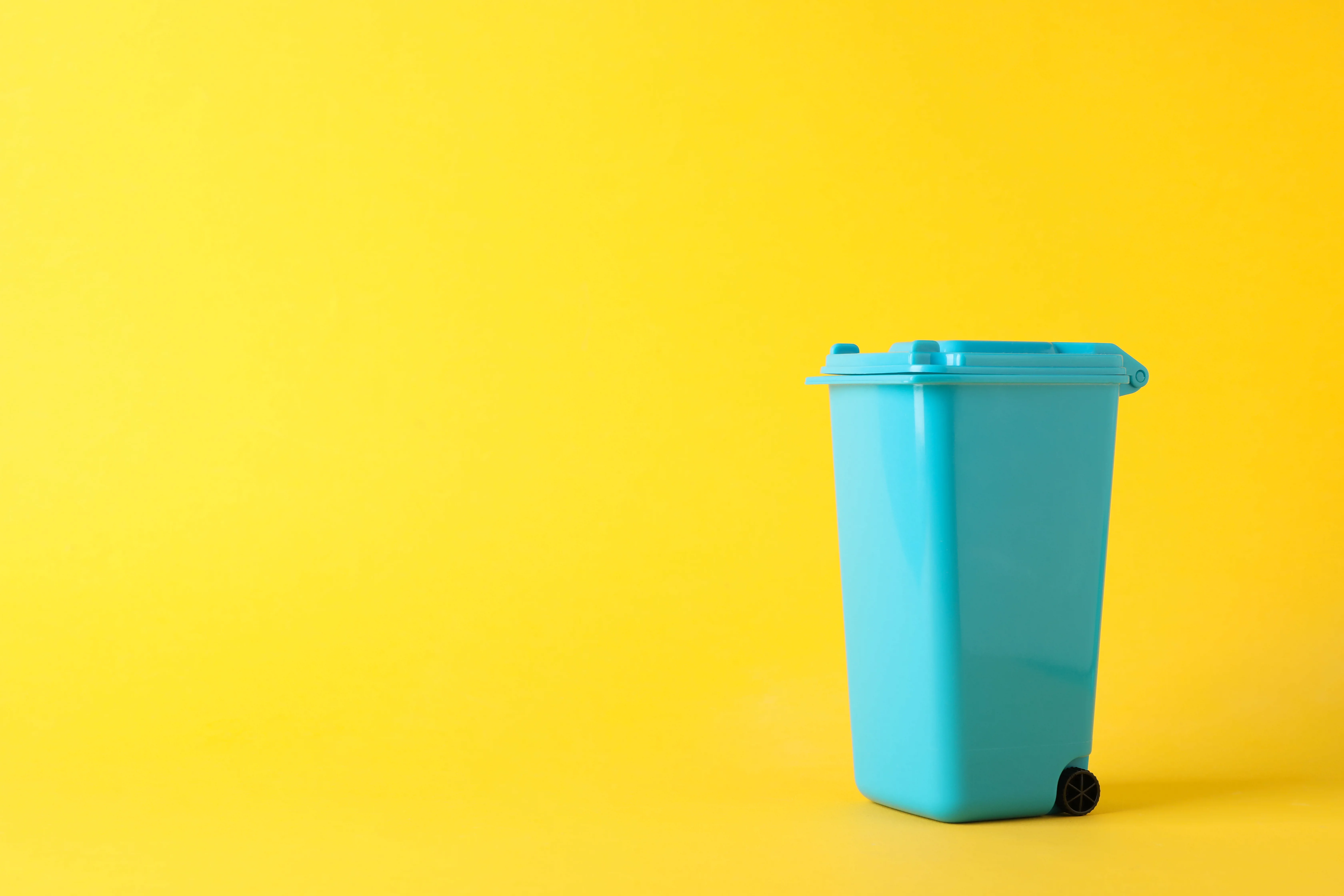How much edible food does your business waste every week? And could that excess or date sensitive stock help feed families across London?
We’re just partnered with The Felix Project, to raise awareness of their redistribution service and to help businesses reduce food waste.
The Felix Project is a London-based food redistribution charity. Their vision is ‘a London where good food is never wasted, and no-one goes hungry’ and they collect surplus food that would otherwise be thrown away. Instead, it’s delivered to hundreds of food banks, charities and schools across London. In 2024 they redistributed the equivalent of 38 million meals, saving nearly 18,000 tonnes of embedded CO2 in the food rescued.
Why food waste is such a problem
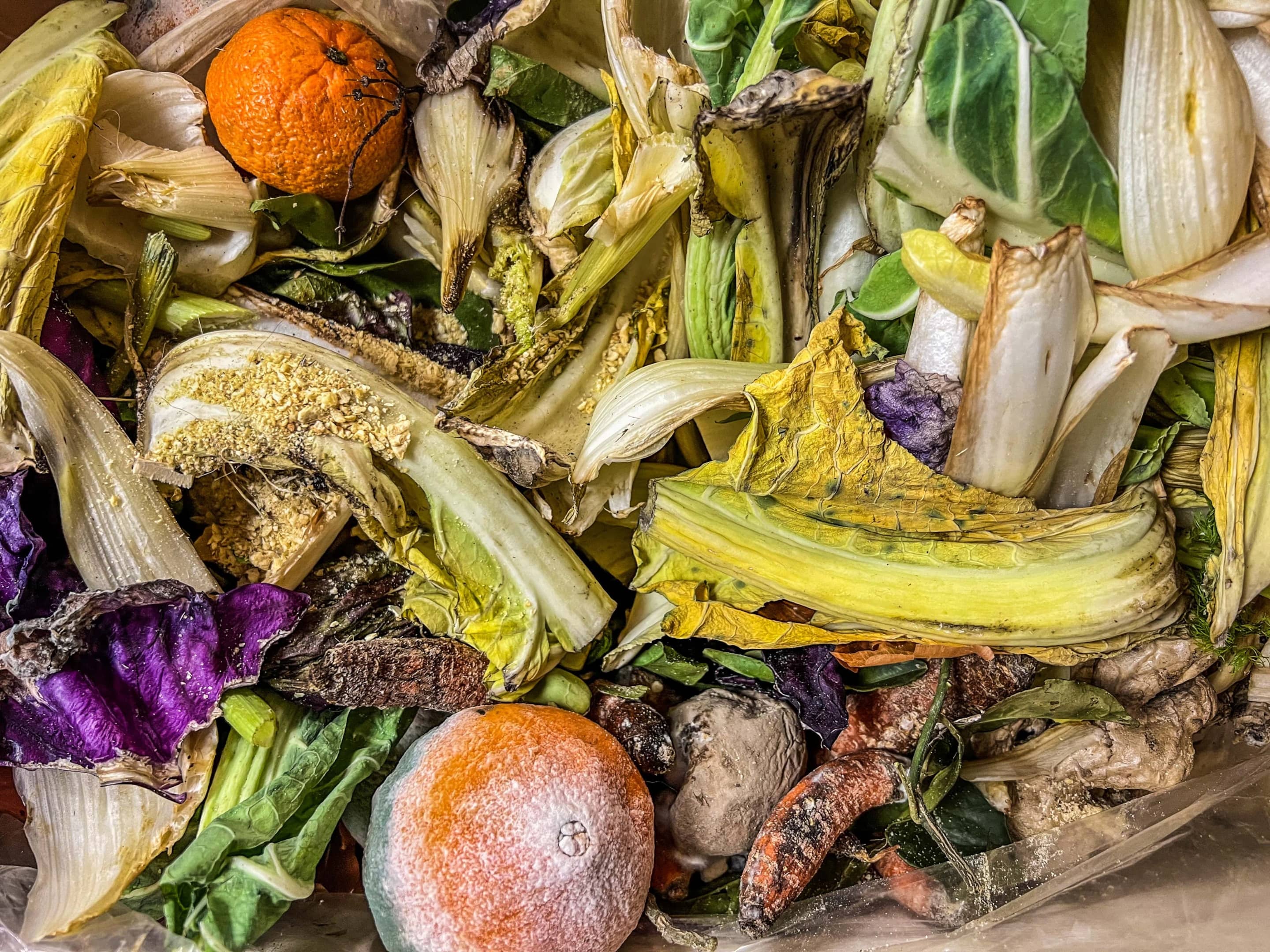
Wasted food is a huge problem in the UK, both in households and across retail and hospitality businesses. While some of it is genuine waste (vegetable and fruit peelings, animal bones, tea bags) a lot is edible food (some estimates say up to 70%). The latest figures estimate that £21.8 billion worth of edible food is wasted in the UK. Whilst the largest percentage is in households, that still leaves a huge amount of waste being generated by businesses.
The impact of this waste is both financial and environmental:
· Business financial loss from wasted stock
· Business financial cost of food waste collection
· Environmental cost of resources wasted to produce that food – energy that’s gone into growing, manufacturing, transporting and storing food is wasted.
Taking immediate action to reduce food waste can significantly mitigate financial and environmental impacts for your business, whilst having a positive social impact.
The hospitality and retail food sectors have the challenge of balancing supply and demand and it’s not unusual for excess stock to end up as food waste in a First Mile collection. Through our partnership with The Felix Project we're aiming to intercept that waste and make sure anything edible is redistributed to the amazing network of food banks and local communities across the capital.
Here’s how you can donate surplus food to The Felix Project and find your nearest food donation point.
The importance of food donations
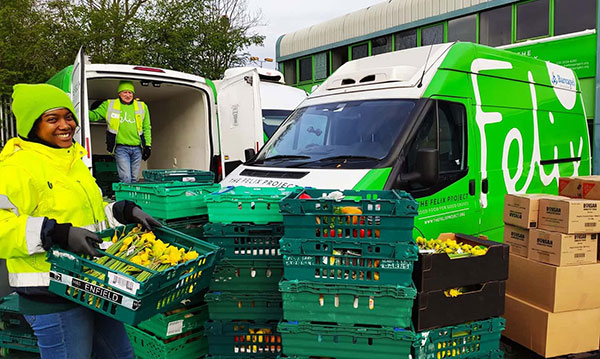
Food donations play a vital role in supporting food banks and charities such as The Felix Project who provide food to around 1,200 organisations helping people in need.
Donating food can help make a significant difference in the lives of individuals and families who are struggling to access affordable food. Food donations can also help reduce food waste by ensuring that surplus food is redistributed to those who need it most. By donating food, individuals and organisations can help support local communities and contribute to ending hunger in the UK.
What is waste and what can be donated?
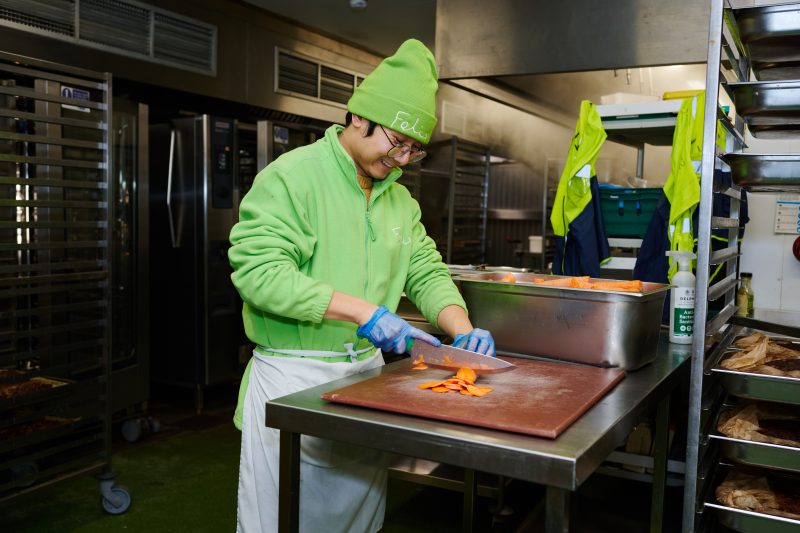
A large percentage of the food they collect is fruit and vegetables which they donate to schools, foodbanks and other organisations or cook into nutritious meals at their site in West London.
Here’s a quick summary:
- Fresh produce – veg, fruit, bread, salad, etc.
- Ambient produce – tins, packets, boxes, eggs etc.
- Chilled products – raw meat/fish, dairy products, ready meals, drinks, etc.
- Frozen foods
- Food to go – sandwiches, salads, soups, etc.
The Felix Project work with organisations that have a regular supply of excess food but they also welcome one-off donations via the Felix Connect scheme.
Guidelines for Donating Food
When donating food, it’s essential to follow some guidelines to ensure that the food is safe and suitable for consumption. Here are some tips:
-
Check the expiration date of the food to ensure it is still within its shelf life.
-
Choose non-perishable food items that are easy to store and transport.
-
Avoid donating food that is past its expiration date or has been opened.
-
Consider donating food that is high in nutritional value, such as canned goods, whole grains, and protein-rich foods.
-
Check with the food bank or charity beforehand to see what types of food they accept and what their current needs are.
How do food banks work?
Food banks are organisations that collect and distribute food to people in need. They work by collecting donations of food from individuals, organisations, and businesses, and then distributing it to those who need it most.
Food banks often work with local charities and community groups to identify those who are struggling to access affordable food and provide them with emergency food and practical support. Food banks also provide a vital service in supporting people who are experiencing hardship and poverty.
How to reduce your food waste
The first step for a business looking to reduce their waste is prevention. Partnering with organisations such as The Felix Project can help with this. By redistributing your surplus edible food to those who need it, waste is reduced.
Here’s a reminder of how food fits into the hierarchy of waste:

(Source: WRAP-Food-Surplus-and-Waste-in-the-UK-Key-Facts November-2023)
Although our business is collecting waste, our aim is to help businesses reduce that waste by recycling more, or by redirecting food waste before it gets to the recycle and recover stage. Helping organisations to be more sustainable is at the core of what we do, so if that means less waste for us to collect, we’re there for it.
Food waste that can’t be donated
Inevitably some food will become waste (non-edible parts, or food that is past safe consumption dates). Then it’s about having a safe, reliable food recycling process in place with a company like First Mile.
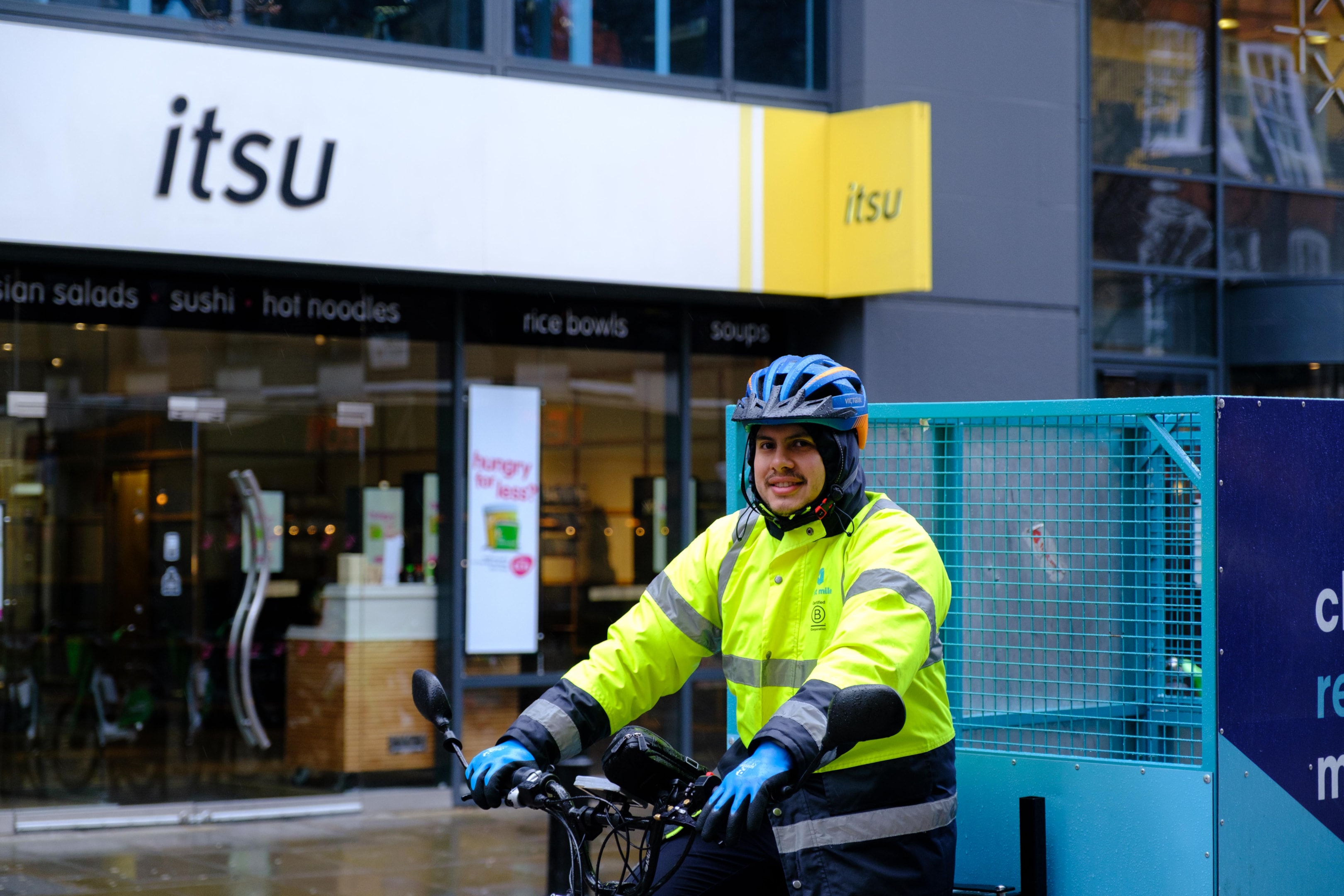
With Simpler Recycling rules, all food waste should be separated so that it doesn’t end up in landfill. At First Mile it is sent to an anaerobic digester, where it decomposes and produces methane gas, which is captured and used to generate electricity. This treatment means the environmental impact of the food waste is reduced: no harmful gases released into the environment and instead green energy created.
We want to help reduce the carbon footprint of every business we work with, and reducing food waste is one way to do this. If excess food can be donated to feed those in need, it prevents waste and helps support net zero targets. And that means we all win.



